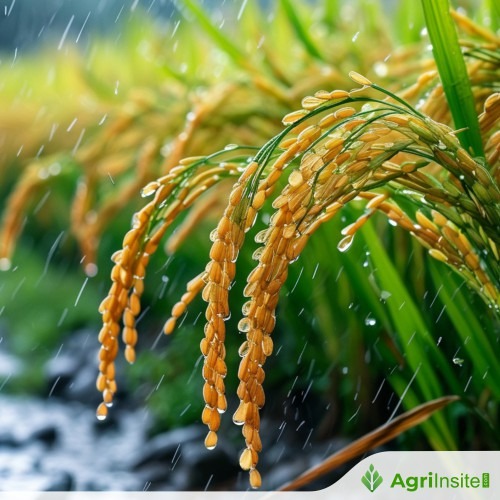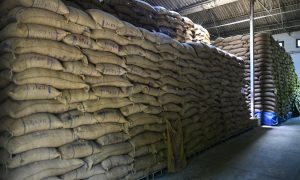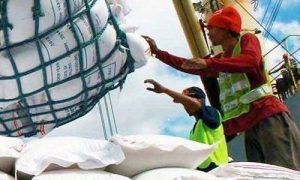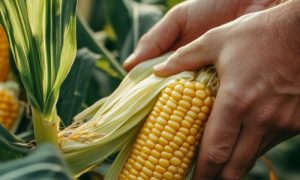Government Develops 668 Climate-Resilient Paddy Varieties, But Key Adoption Data Missing

21 December 2024, New Delhi: The NICRA project of ICAR warns of climate change drastically cutting rice yields, with rainfed rice declining by up to 47% by 2080. The government developed 668 rice varieties, including 199 climate-resilient ones, from 2014-2024, alongside innovative farming techniques. However, data on farmer adoption and seed production success remains unavailable, raising concerns about impact efficacy.
21 December 2024, New Delhi: The Indian government, through the National Innovation on Climate Resilient Agriculture (NICRA) project of the Indian Council of Agricultural Research (ICAR), has been studying the impact of climate change on paddy cultivation. Studies conducted under NICRA highlight that climate change, if not addressed with adaptation measures, could lead to a significant reduction in rice yields. Rainfed rice yields are projected to decrease by 20% by 2050 and 47% by 2080, while irrigated rice yields could drop by 3.5% and 5% during the same periods.
From 2014 to 2024, the government has developed 668 rice varieties, of which 199 are classified as climate-resilient. These varieties have been designed to endure extreme weather conditions such as drought, floods, salinity, and temperature variations. Additionally, 579 of these varieties are resistant to pests and diseases, which could bolster productivity under changing climatic conditions. The government has also promoted innovative techniques like direct-seeded rice, drum seeding, and green manuring to mitigate climate-related risks.
Despite these efforts, a significant gap exists in assessing the adoption of these varieties by farmers. The Minister of State for Agriculture & Farmers’ Welfare, Shri Bhagirath Choudhary, informed the Lok Sabha about the development of these varieties but did not provide any data on their adoption by farmers or the success of their seed production. The availability and adoption of these varieties are equally crucial for achieving the desired impact, and the lack of such data raises questions about the efficacy of the government’s initiatives in translating research into real-world benefits for farmers.
To read more about Rice News continue reading Agriinsite.com
Source : Krishak jagat















